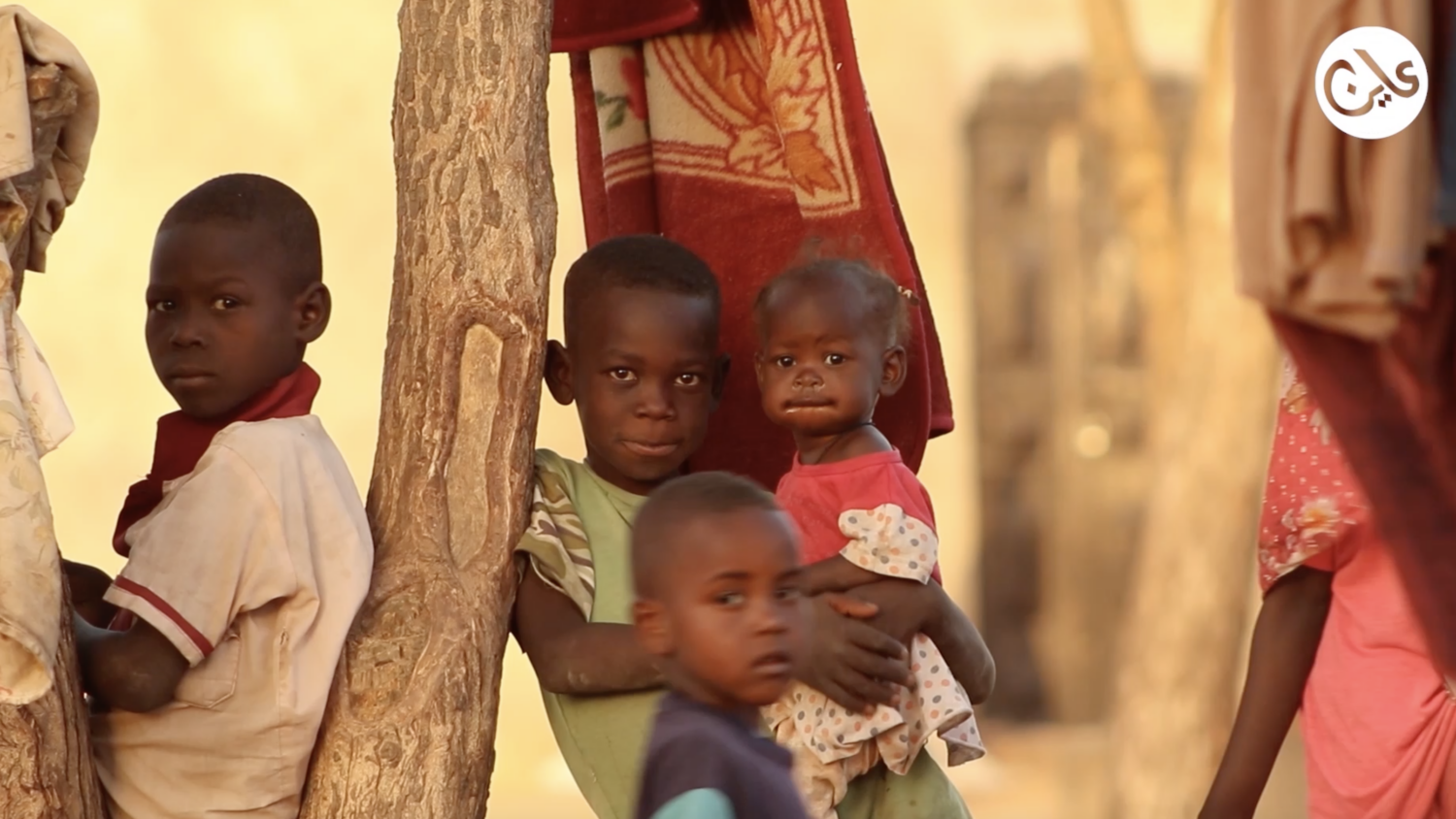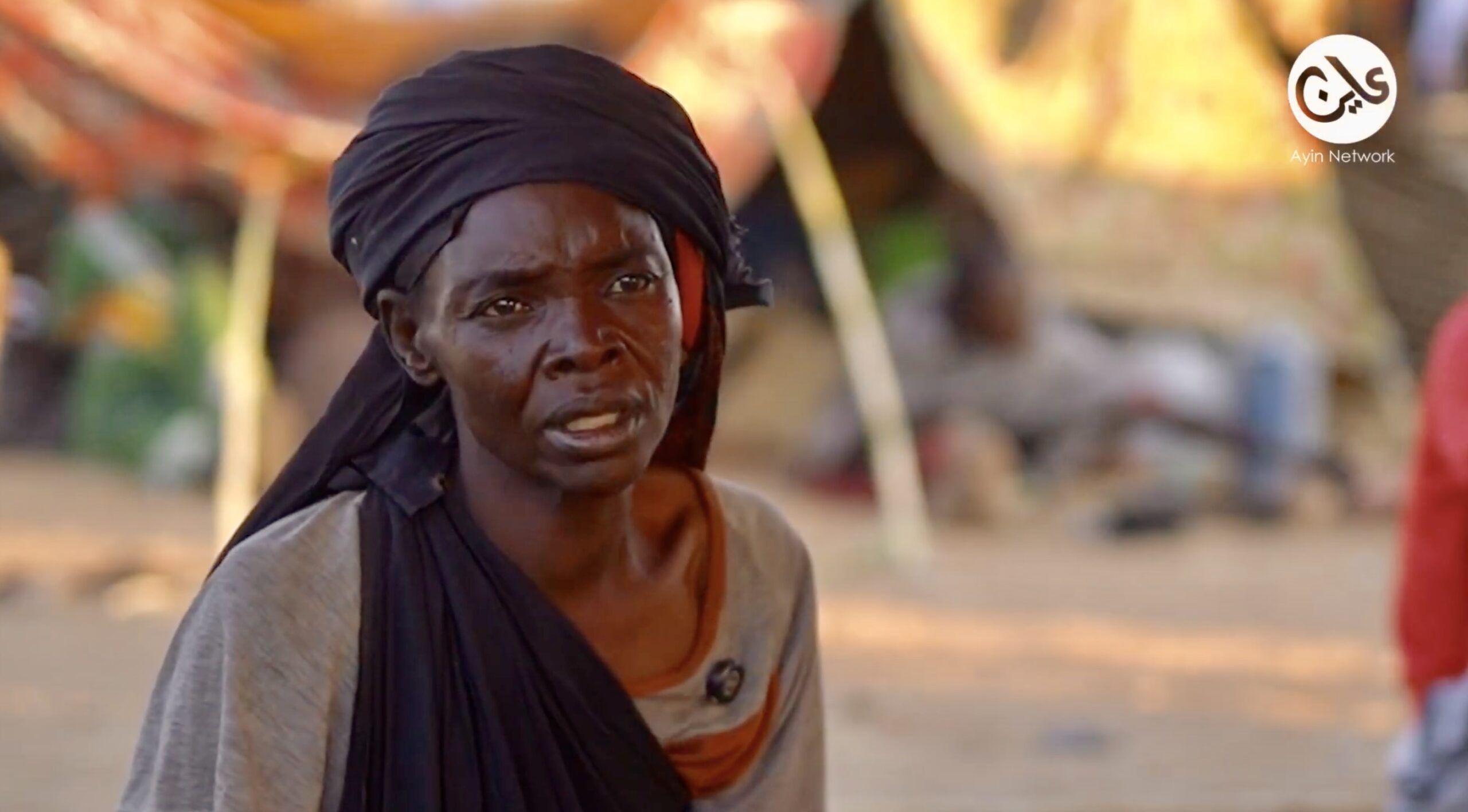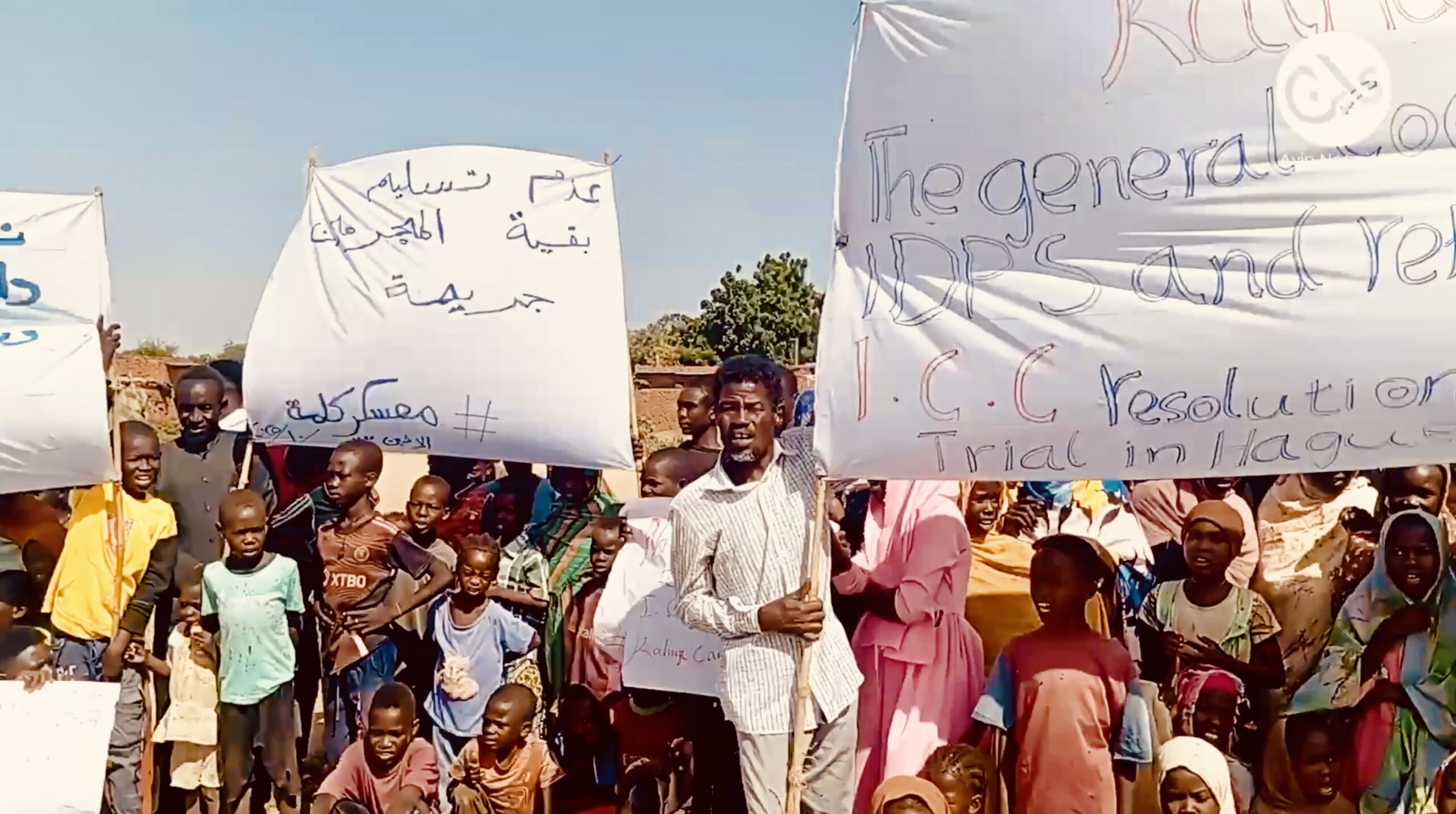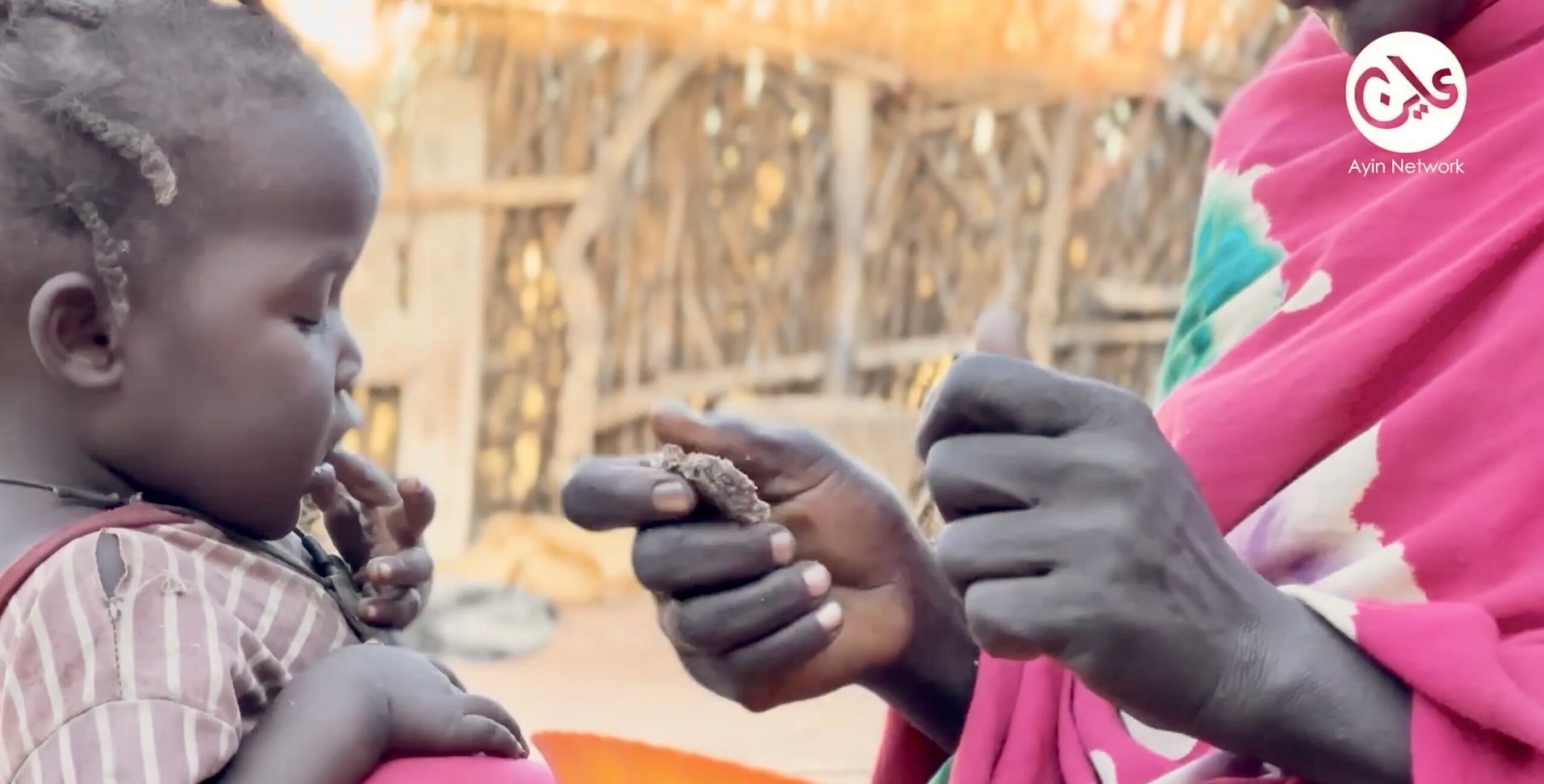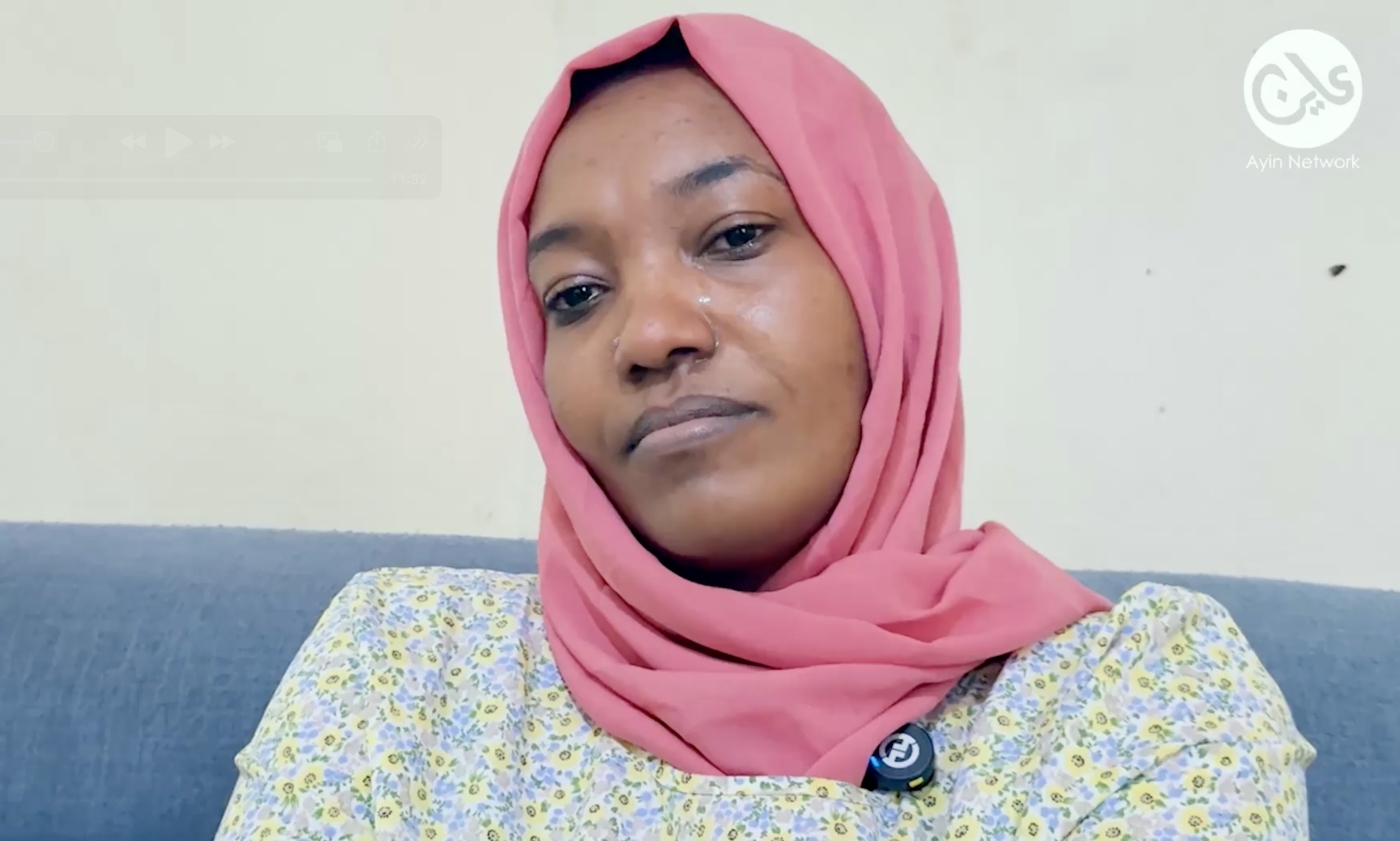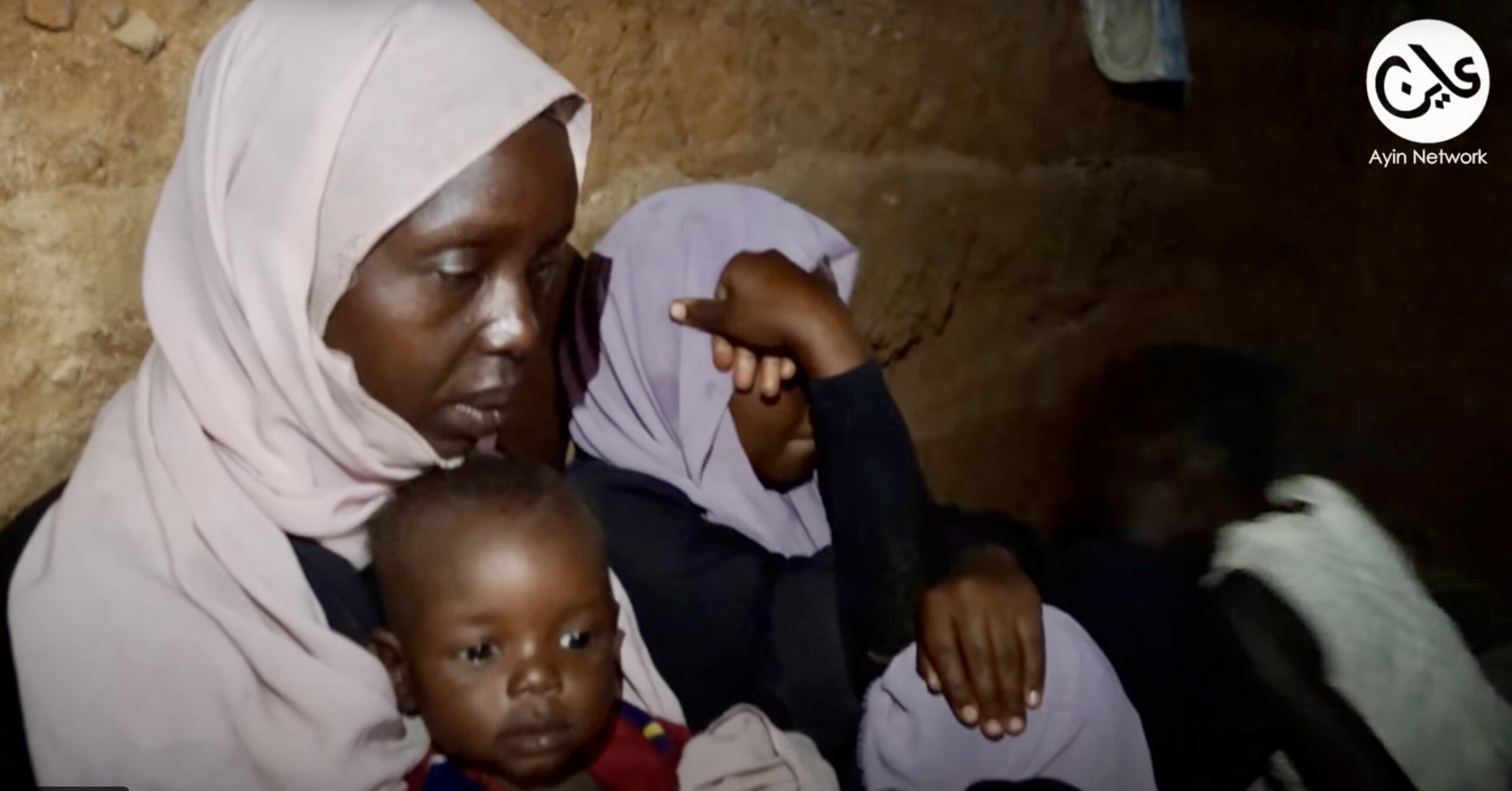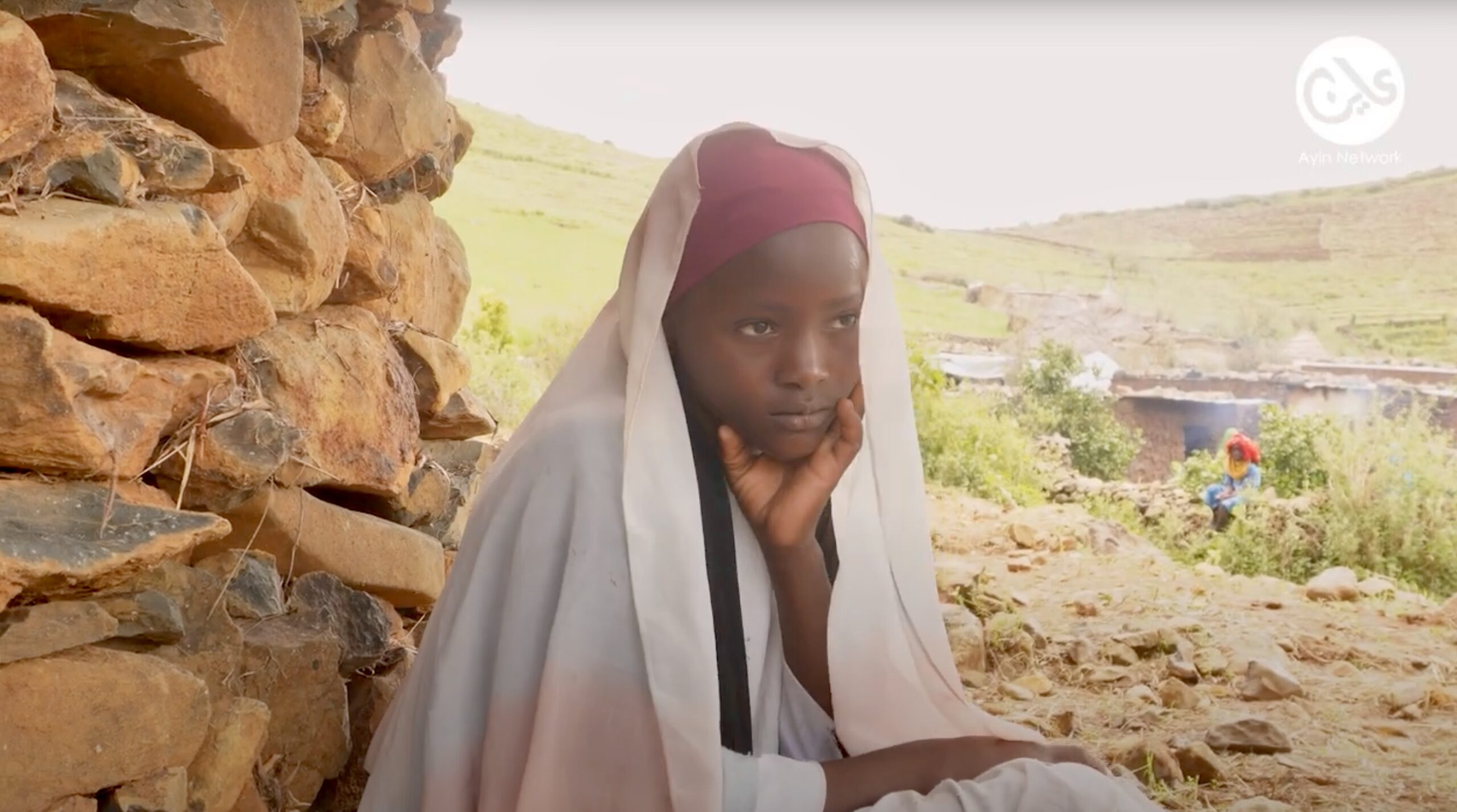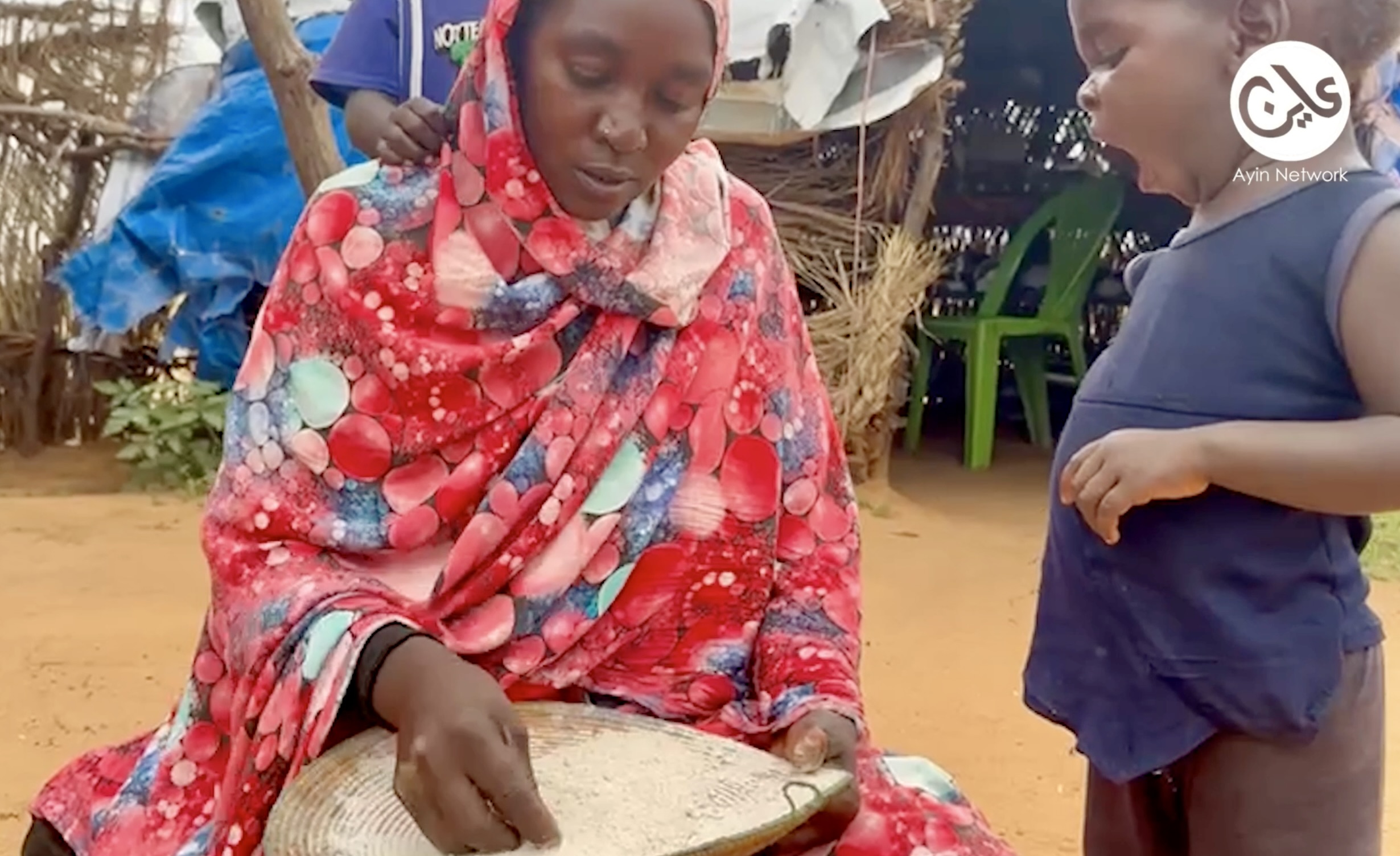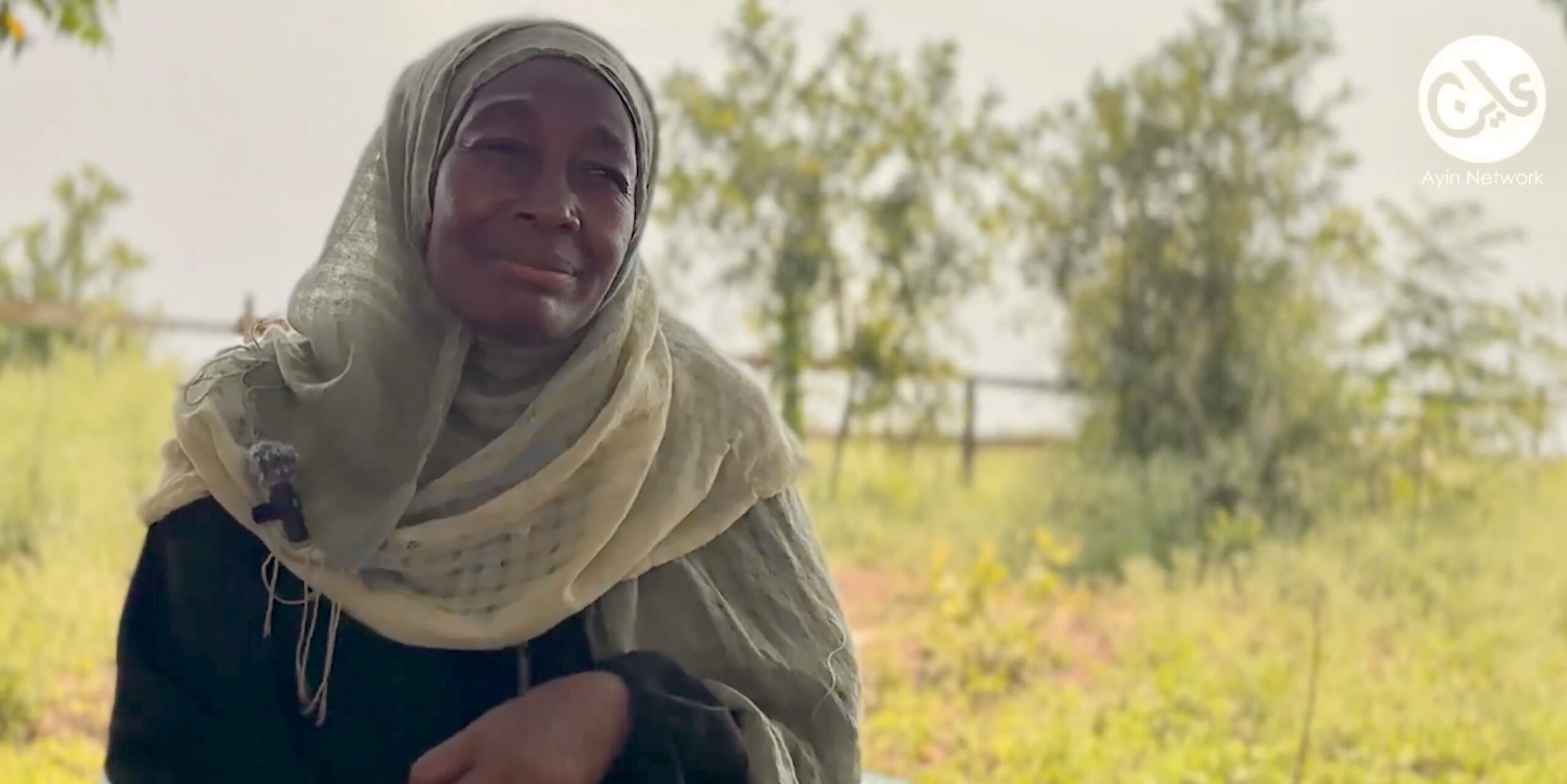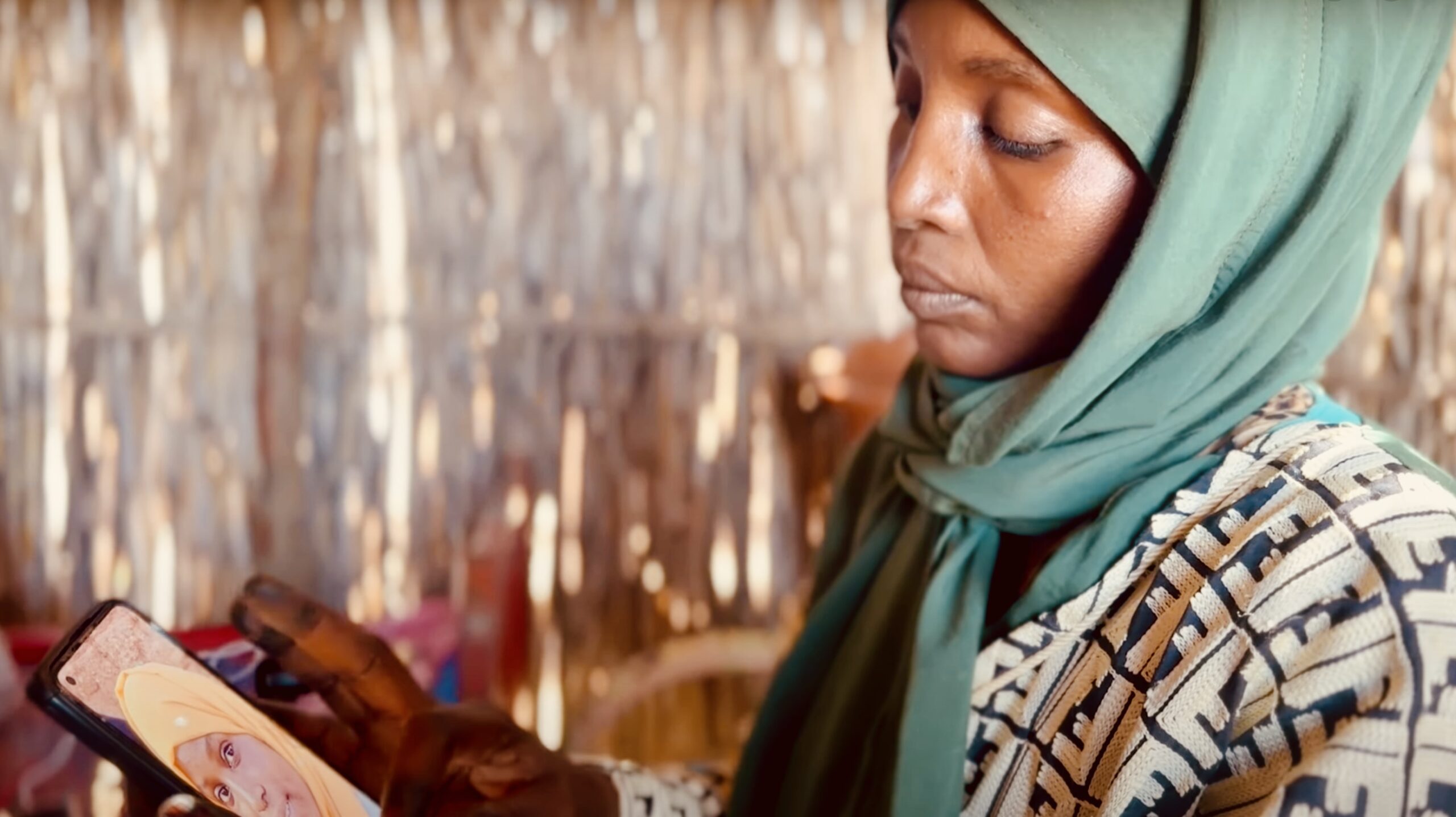El Fasher: Shelling continues as civilians remain trapped in the violence
23 May 2024
While the intense conflict last week between Sudan’s army, allied armed groups, and the Rapid Support Forces in the El-Fasher area finally subsided, shelling and airstrikes continue to target residents within the city.
On Monday, the paramilitary Rapid Support Forces fired heavy artillery at many residential neighbourhoods in El Fasher near the “Kabir” market in El-Fasher, local residents told Ayin. RSF also fired artillery shells in the Abu Shouk displacement camp, located northeast of El-Fasher, in addition to the Al-Azma and Al-Sahafa neighbourhoods within the city, the same sources said.
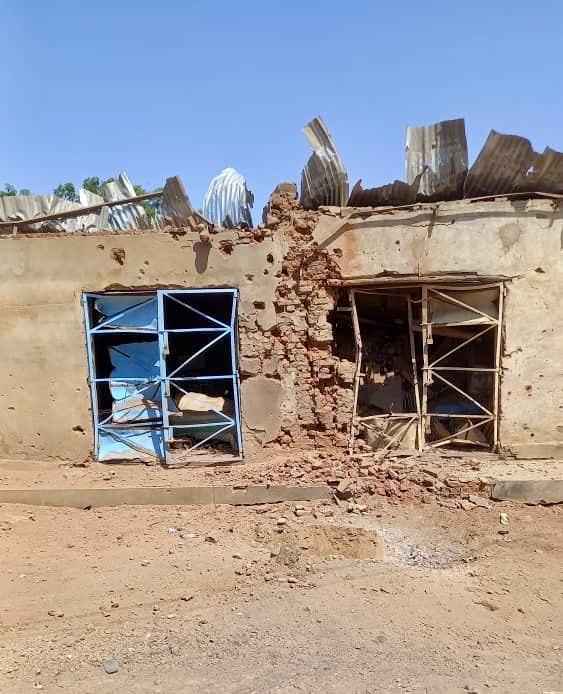
Today, the RSF fired shells into Abu Shouk Camp again, one shell hit the Al-Salaam Primary School for Girls, injuring a child in the process, the Darfur Nework for Human Rights reported. RSF shelling also struck the Al-Timanat Primary School for Girls in the Al-Amal neighbourhood. The attacks are meant to force residents to leave the city as the RSF attempts to gain control, further escalating the ongoing conflict in the region. An hour later, an army warplane bombed areas southeast, east, northeast, and north of El-Fasher, approximately 5 km away from the city centre. Wounded civilians are being taken to Southern Hospital, the only remaining health centre currently open for civilians in the city of 1.5 million people.
Since April, fighting between the RSF, the army, and two armed groups aligned with the army has taken place, effectively trapping over a million people in the city, including thousands already displaced from prior conflicts. The only region of Darfur that is not controlled by the RSF, El-Fasher, had maintained a fragile peace until late March, when two armed groups ended their neutrality and sided with Sudan’s army against the RSF.
El Fasher is considered a humanitarian hub for Darfur and hosts a large population of internally displaced people, including hundreds of thousands displaced by ethnic violence in Darfur over the past 20 years. In addition to the city’s citizens, El Fasher houses over half a million people who were displaced since the 2003 Darfur war and who reside in four displacement camps: Zamzam, Abu Shouk, Naivasha, and Abuja.
There are concerns about the impact on civilians if the RSF and allied militias decide to launch a full-scale invasion, not just about the fighting itself but also about the potential for atrocities if the RSF take control. The RSF and allied Arab militias have been targeting members of the Masalit ethnic group across Darfur, including in the city of El Geneina, where the UN believes up to 15,000 people were killed last year in two massacres.
Aware of the impending catastrophe if a full-scale conflict takes place inside El-Fasher, the United States imposed sanctions on 15 May against two RSF commanders, Ali Yagoub Gibril and Osman Mohame Hamid. “While the Sudanese people continue to demand an end to this conflict, these commanders have been focused on expanding to new fronts and battling for control of more territory,” said Under Secretary of the Treasury for Terrorism and Financial Intelligence, Brian E. Nelson.
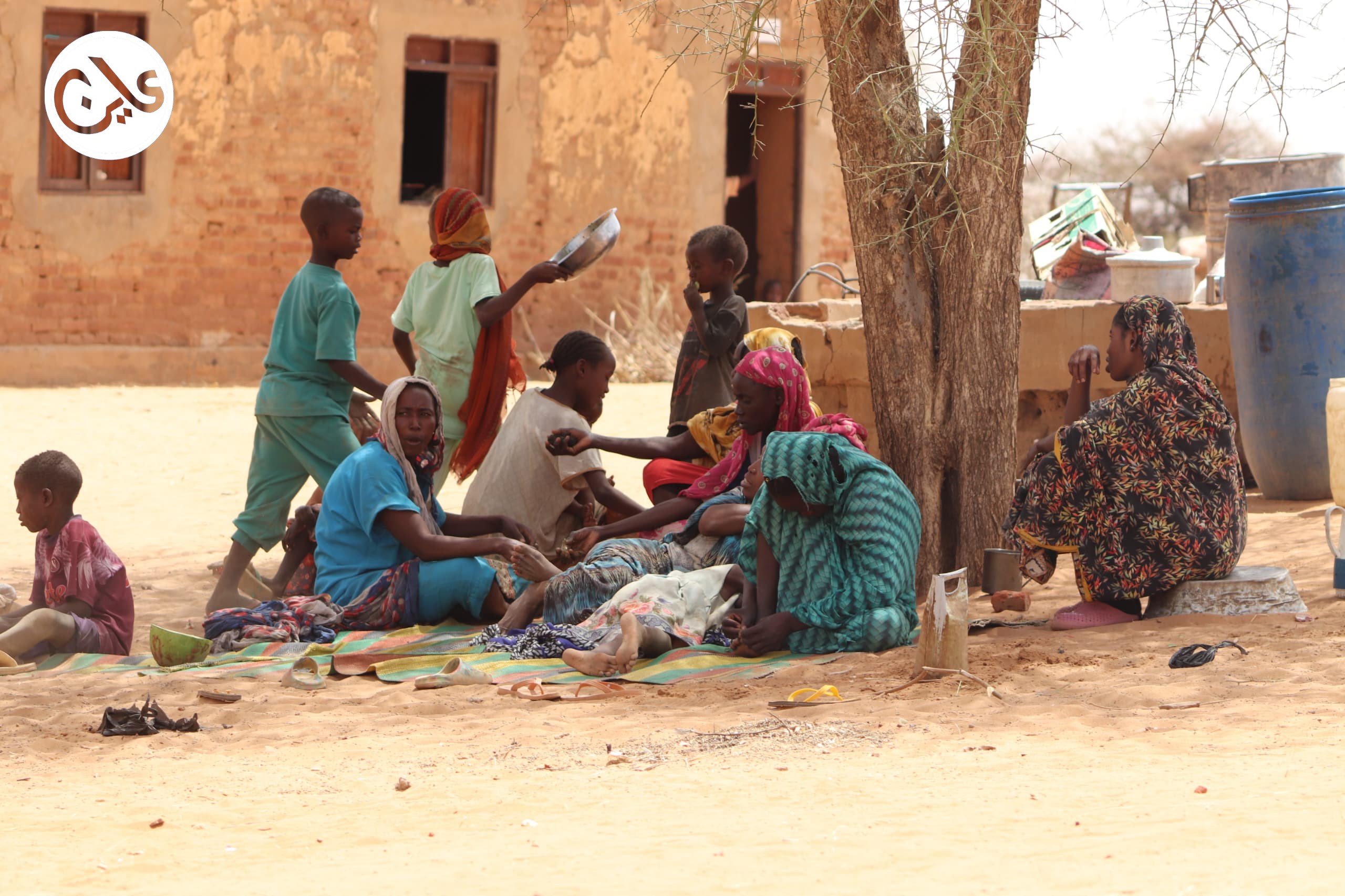
Latest violence, no treatment
Last week, violent confrontations took place on the outskirts of the city in the south-eastern neighbourhoods. A field commander in the Joint Force of the Armed Movements, who requested to remain anonymous, told Ayin that the joint forces advanced to new positions east of El Fasher after the RSF retreated from the eastern and northern gates of the city, 20 kilometres away, and “cleared” the southwestern road to Shagra town.”
According to RSF spokesman Al-Fatih Qurashi, however, the RSF managed to repel a three-pronged attack by the army and armed movements, but the fighting “led to civilian casualties in residential neighbourhoods and displaced persons camps—thousands fled out of the city.”
Whoever the victor, the bodies of civilians filled the mortuary after the intense fighting, medical sources at Southern Hospital told Ayin. The number of casualties is still unknown, according to a statement from the Health Emergency Committee, a government agency. As the only hospital functioning in the area, Southern Hospital remains overwhelmed in the mortuary and the wards, says Dr. Khaled Abkar.
Dr. Abkar fears the complete lack of medicine may prove “the biggest challenge” since existing medical supplies do not meet even 3% of the city’s needs, especially emergency medications. “There are dozens of patients who die every day due to the lack of treatment.”
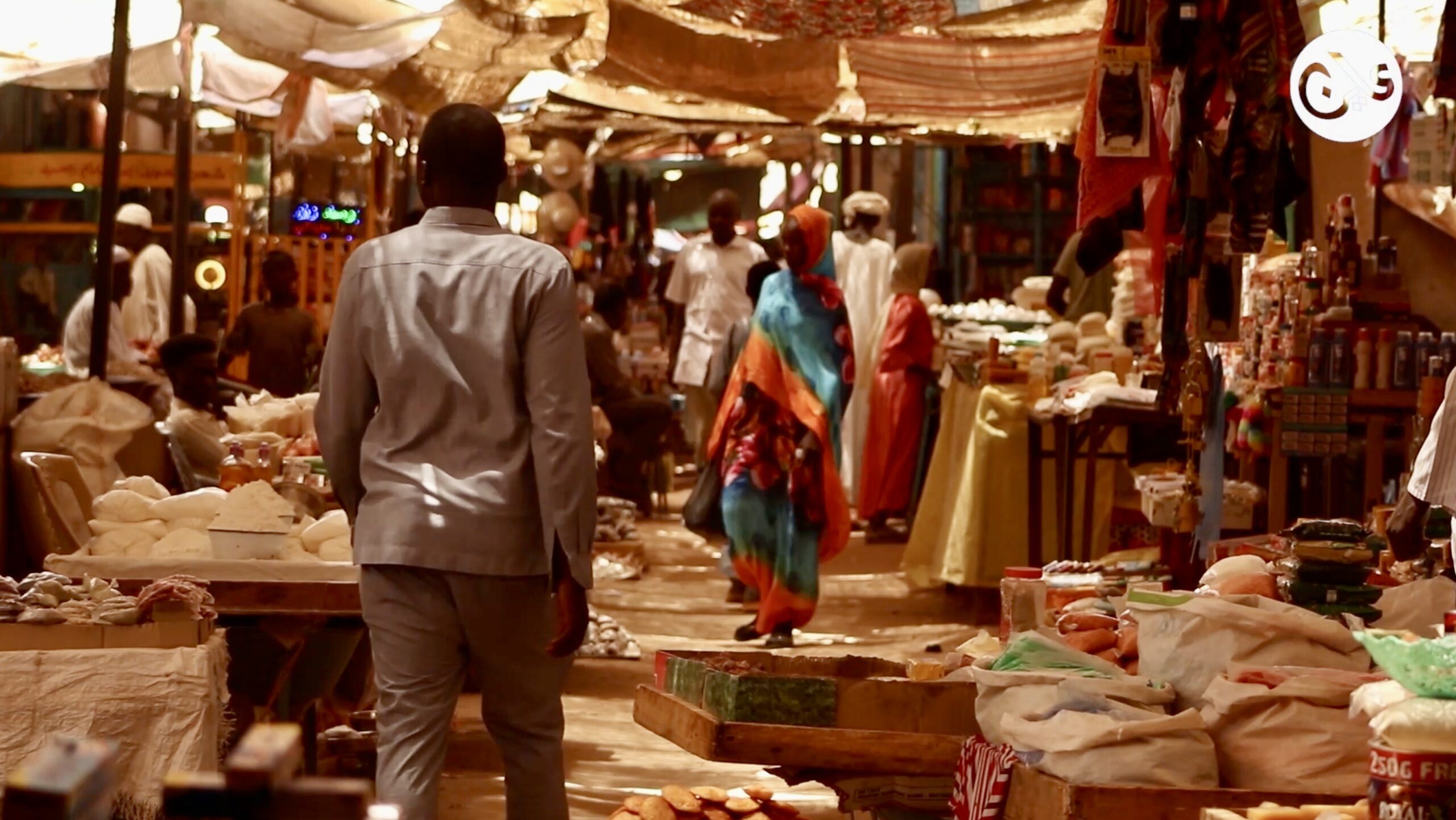
Forecasted famine
If the bullets do not kill people in El Fasher and the neighbouring displacement camps, hunger will, aid agencies warn. According to the UN, 570,000 people have been displaced in the last 13 months, and 17.7 million face acute food insecurity, with 4.9 million on the brink of famine.
As RSF encircle the city, road access to El Fasher has all been cut off, blocking trucks access to three key roads: Ingaz and Melit from the west, and the northwestern Al-Maliha Road connecting El-Fasher to Libya. The siege led to a significant increase in the prices of all goods and fuel. According to Mohamed Abkar Ali, a wholesale trader in El Fasher, the price of a gallon of gasoline rose for the first time since the outbreak of the war to 50,000 Sudanese Pounds from 15,000 a week ago.
El-Fasher resident Mohamed Abdul-Hafiz says food prices have skyrocketed because of the closure of the El Fasher—Mellit Road. “We are facing healthcare problems and are struggling to access drinking water; the majority of groundwater stations operate on fuel, which has become expensive, and the price of a barrel of water has reached 5,000 pounds, an amount that is beyond the means of the war-stricken citizens,” Abdul-Hafiz said.
According to local residents, the prices of the 25-kg sack of flour also rose from 30,000 SDG to 45,000, while the prices of rice, pasta, cooking oil, and lentils doubled.
“The recent violence in the state has exacerbated the critical humanitarian needs in the entire Darfur region, as North Darfur represents a crossing point for the entry of commercial trucks coming from the northern state, and food and petroleum supplies from the state of Libya,” a former official in the Humanitarian Aid Commission in North Darfur state told Ayin. He added that the situation has become more complicated than ever for those in the displacement camps and for the thousands of newly displaced people who have taken refuge in the city. “It has become very difficult to obtain food supplies, while they cannot leave El Fasher as a result of the security situation.”
Those who manage to escape the violence in El-Fasher do so at great risk, local residents told Ayin. Zakaria Ahmed, a citizen, was able to miraculously get his family out of the RSF-controlled neighbourhoods east of the city of El Fasher to the Kabkabiya area, he told Ayin. But leaving the city is a precarious affair. Some citizens were killed at the city’s northern gate last April as they attempted to flee El Fasher, he said, after they were accused of belonging to armed movements. “But people still try to escape due to the unbearable situation.”
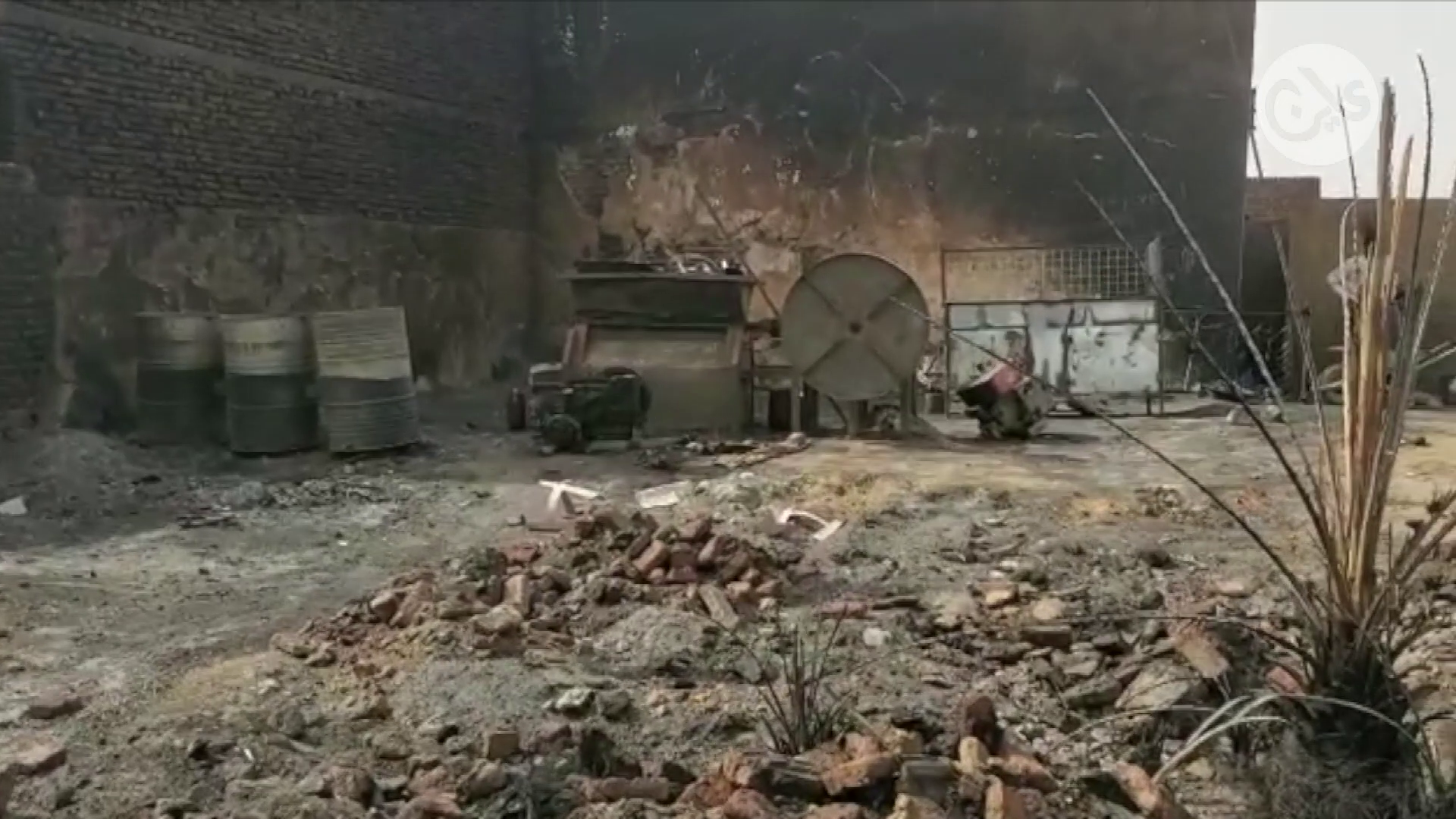
IDP camps in the crosshairs
The displaced, especially in “Abu Shouk” camp, fear that the battles will spread to the camp, which is located within the battlefront north of the city, especially after the camp was exposed more than once to artillery shells.
One of the local representatives in Abu Shouk camp told Ayin that the army and armed movements are pushing camp residents to take up arms against the RSF and fight alongside them. He warned against the possibility of civilians being forced to engage in the fighting due to their inability to flee the camp. The Emergency Committee in North Darfur State, a civilian-led voluntary initiative that helps the war-affected, confirmed that hundreds of displaced people, especially from Zamzam camp, had joined the army and established military points on the southern entrances of the camp and the roads leading to it.
On top of the conflict, internal divisions are developing among civilians, whether in El Fasher City or neighbouring displacement camps, based on loyalties to one of the warring parties. Local sources told Ayin that many people are fleeing their neighbourhoods due to internal, ethnically based feuds, where people are accused of affiliation to one of the warring parties due to their background. “Like other parts of the country, you can be targeted for your ethnicity in El Fasher,” says political analyst Mohamed Ibrahim. “People are being accused of supporting the Rapid Support Forces and the army due to their tribe, even when they are being bombed by these same groups.”
This is one terrifying scenario that Darfur journalist Mohamed Salih Al-Bishr fears: El-Fasher turns into an arena for an all-out civil war. “Because of the city’s societal divisions; the army and allied armed movements would target anyone Arab [in ethnicity], while the RSF would target non-Arabs,” he told Ayin. “Both parties will accuse civilians of being loyal to their adversary.”




